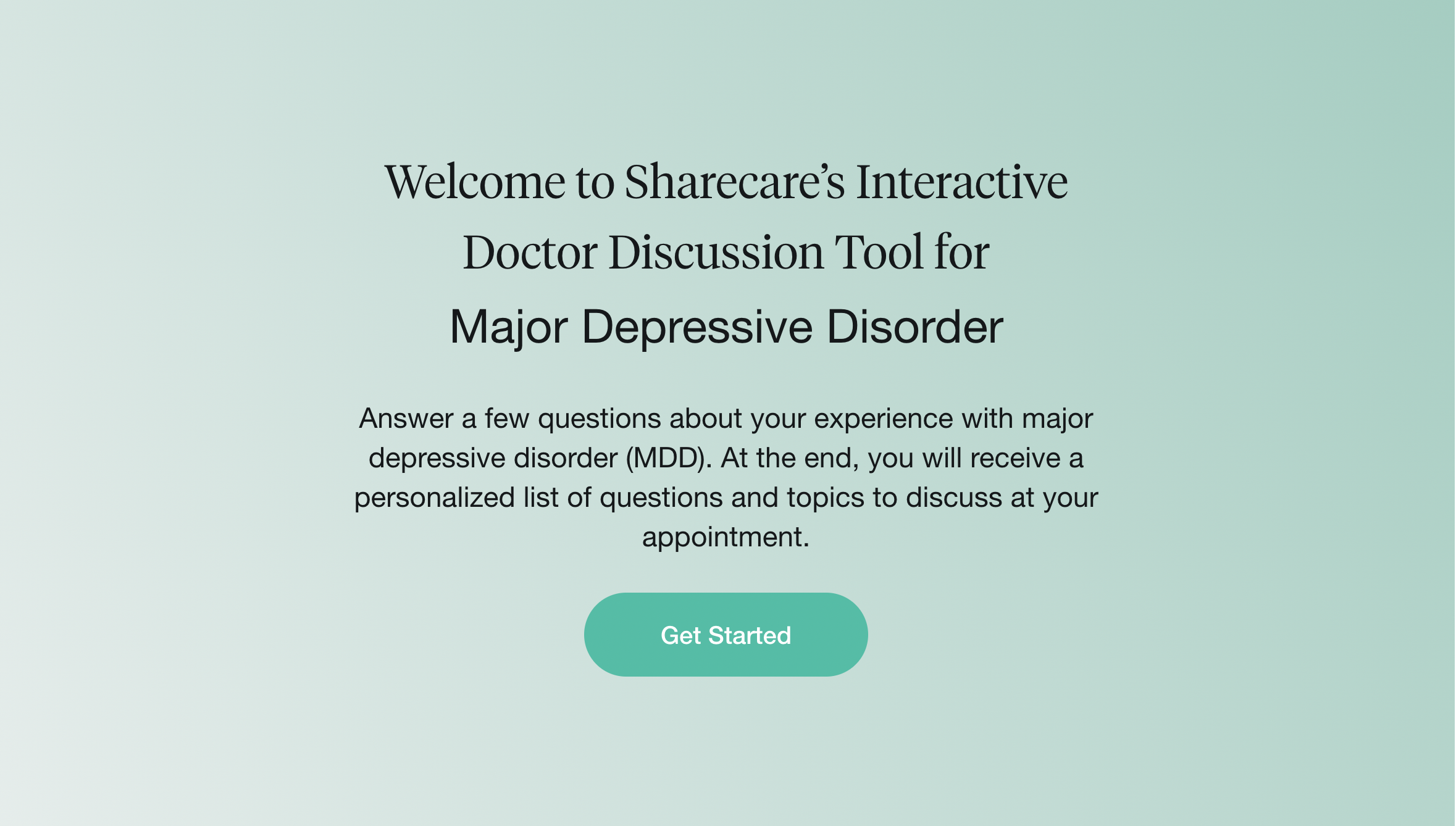Anyone who has ever had depression or known someone with depression will have seen firsthand the ways it can disrupt a person’s normal life, whether it is work or school, relationships, taking care of oneself, or pursuing things they find meaningful.
For all these reasons and others, anyone who has depression or is experiencing symptoms of depression must seek treatment.
In most cases, depression is treated with a combination of antidepressants and psychotherapy (though both approaches can be used on their own as well). These treatments can take time to work, and recovery will likely be gradual, with incremental improvements over time.
When you’re in the middle of recovery, it may be difficult to notice a difference from one day to the next. It’s normal to ask yourself, “How do I know when I am feeling better?” or “How do I know this treatment is working?”
Here are some strategies that may help.
Know the typical response time
Antidepressants take time to work, and a timeline is something that should be discussed with your healthcare provider any time you start a medication.
This is true whether this is your initial medication for depression, if you are starting a new medication for depression, or if you are adding a drug to a regimen that you are already taking.
Response times vary depending on a drug, dosage, and other factors. However, depression is a very common condition and antidepressants are a common treatment. This means there is good general knowledge about typical response times.
- 1 to 2 weeks. This is the shortest amount of time before a person will notice an improvement in symptoms after starting an antidepressant.
- 2 to 4 weeks. If you are not seeing signs of improvement during this timeframe, talk to your healthcare provider. You and your healthcare provider might decide to give it more time, to consider a different medication, or to consider adding another medication.
- 6 to 12 weeks. Depending on the medication being used, it can take up to several months before you will see the full effect of the medication.
If you are uncertain about the typical response time for the medication or medications you are taking, talk to your healthcare provider, who will be your best source of information.
Be honest with your healthcare provider
Antidepressants need to be taken exactly as directed. This means taking every dose and taking every dose on time. Missing doses can prevent antidepressants from working as intended and may also cause withdrawal symptoms.
Taking medications can be difficult at times, for many different reasons. Depression symptoms can make it difficult to stick to a routine. Medications can cause side effects. Prescriptions can be expensive. There is stigma about having depression and taking antidepressants.
If you have any difficulty taking the medications you’ve been prescribed, tell your healthcare provider. An important part of treatment is coming up with solutions to problems like these.
Your healthcare provider can also give you instructions about what to do if you miss a dose.
Establish goals
The goal of treating depression is remission and recovery. In addition to these goals, people being treated for depression may work with their healthcare provider to establish more specific and individual goals.
Examples of individual goals may be things like completing household chores or going to bed at a consistent time—seemingly small steps that can greatly improve how you feel each day. Goals can also be bigger and more long term, such as losing weight or finding a new job. Goals can also be fun, like finishing a book you’ve always wanted to read.
Goals like these can give you a sense of accomplishment. They can also be a helpful way to measure improvement in depression symptoms.
Keep a journal
When you are living with a health condition, keeping a journal is one of the most useful things you can do. Writing in a journal can help you keep track of symptoms. It may also help you cope with symptoms.
Entries do not have to be detailed—even short, simple notes about how you feel each day can help you and your healthcare provider measure progress or recognize when it’s time to make a change.
A journal is also a place to record how you feel when taking your medications, any problems you have taking your medications, and questions for your healthcare providers.






